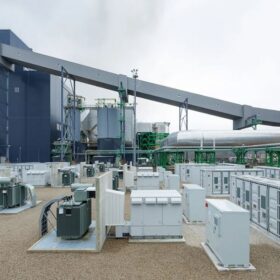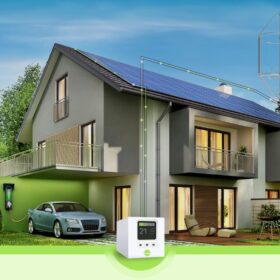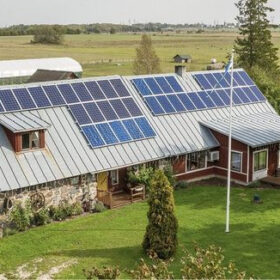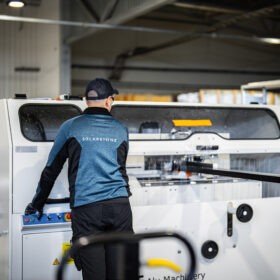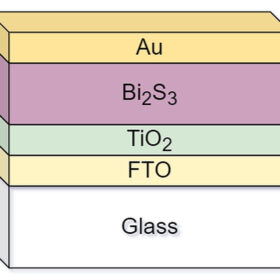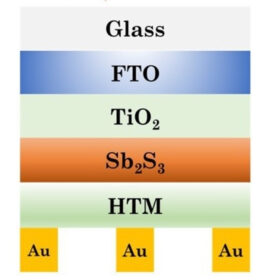Assessing LCOE of rooftop PV in the Baltics
A study estimating the economic viability of rooftop solar in Estonia, Latvia and Lithuania forecasts the levelized cost of electricity (LCOE) for PV systems in the Baltic States at between €0.08 ($0.087) and €0.09/kWh by 2050 at a 6% discount rate.
Estonia’s largest battery goes online
The flagship battery storage project commenced operations on February 1, only days before cutting ties with the Russian power grid.
Estonia’s Freen launches 10 kWh residential sodium-ion battery
The new home energy storage solution from Estonia’s Freen is based on sodium-ion battery chemistry and can be coupled with both rooftop PV and small wind turbines.
Estonia deploys 513 MW of solar in 2024
Estonia added a record 513 MW of new solar capacity in 2024, bringing its total installed PV capacity to more than 1.3 GW, according to the Estonian Chamber of Renewable Energy (Eesti Taastuvenergia Koda).
Roofit.Solar releases new BIPV panels with narrow roof coverage
Estonia’s Roofit.Solar has developed new building-integrated photovoltaic (BIPV) panels with an effective width of 470 mm, offering power outputs of 120 W or 180 W.
EU launches second cross-border solar, wind tender
A call for the EU’s second cross-border renewables tender has gone out and will remain open until March 4, 2025. Luxembourg is providing €52.4 million ($56.7 million), while Finland and Estonia have committed to installing solar and onshore wind on their territories.
Solar leading Baltic states to energy security
In recent years, the Baltic countries have experienced a solar generation boom as the region seeks to kill two birds with one stone. These nations aim to break away from years-long energy dependence on Russia amid growing security concerns while also continuing to prioritize the green energy transition.
Solarstone opens 60 MW BIPV module factory in Estonia
Solarstone, an Estonian producer of building-integrated photovoltaic (BIPV) solar roofs, has opened a 60 MW manufacturing facility in Viljandi, Estonia, to produce a broader range of design and performance specifications.
Novel approach to build bismuth trisulfide thin-film solar cells
Researchers in Estonia applied for the first time the close-spaced sublimation (CSS) deposition technique to manufacture solar cells based on bismuth trisulfide (Sb2S3). The resulting devices showed limited power conversion efficiency so far, but the scientists claim the new process paves the way for the development of future earth-abundant inorganic PV materials.
Antimony trisulfide PV cell hits 4.9% efficiency with fluorene-based HTMs
An international research group used the ultrasonic spray pyrolysis (USP) method to fabricate an antimony trisulfide PV cell with high power conversion efficiency and remarkable average visible transmittance. The cell has an active area of 7.06 mm2.

